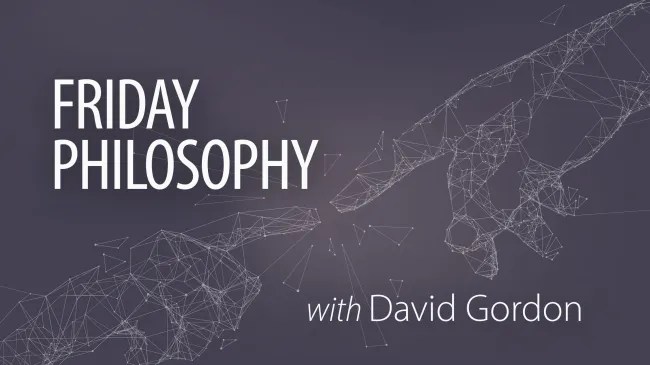

No, Milei Is Not a Fascist

Zwolinski Tries to Take Rothbard to the Mat

Somaliland Needs Self-Determination

Understanding the True Meaning of Charity

As the Dollar Falters, Gold Becomes Insurance, Not Speculation

Anarchy Is Neither Chaos nor Hard to Find

The Intellectual Humility of the Spontaneous Order
F.A. Hayek coined the term spontaneous order to point out that the prosperous societies are also societies where people are free to pursue their own goals.

Is “Havana Syndrome” Russian Aggression or Another Media Conspiracy Theory?
According to a recent 60 Minutes broadcast, Russian agents are suspected of launching microwave rays at US diplomats abroad.

Artificially Low Interest Rates Are Creating Economic Chaos
Mainstream economists believe that economic theory is valid when it “predicts” economic actions or trends.

The War on Poverty Makes Poverty Worse
Government officials like to claim they are doing something about reducing poverty. The trouble is, of course, that what they are doing makes things worse.
Join us in Auburn in 2024 for an event celebrating 75 years of Human Action.
2024 marks the 25th anniversary of the Rothbard Graduate Seminar, which provides an intense study of Misesian and Rothbardian economic analysis, along with the substantive conclusions of that research in related fields.
The Mises University application deadline has been extended to June 24. Mises University is the world's leading instructional program in the Austrian School of economics.











